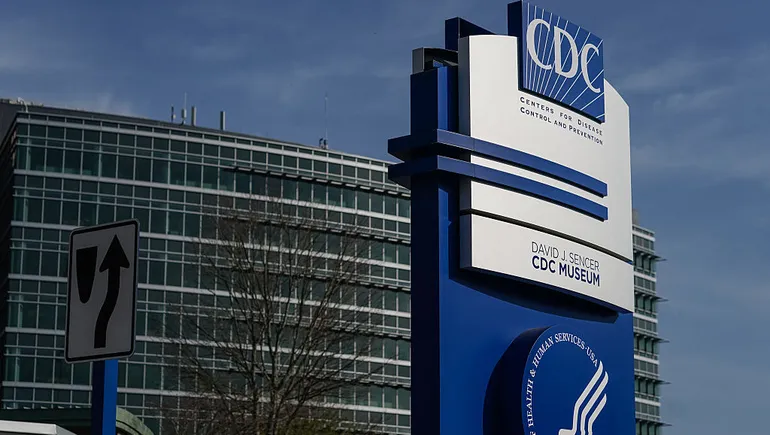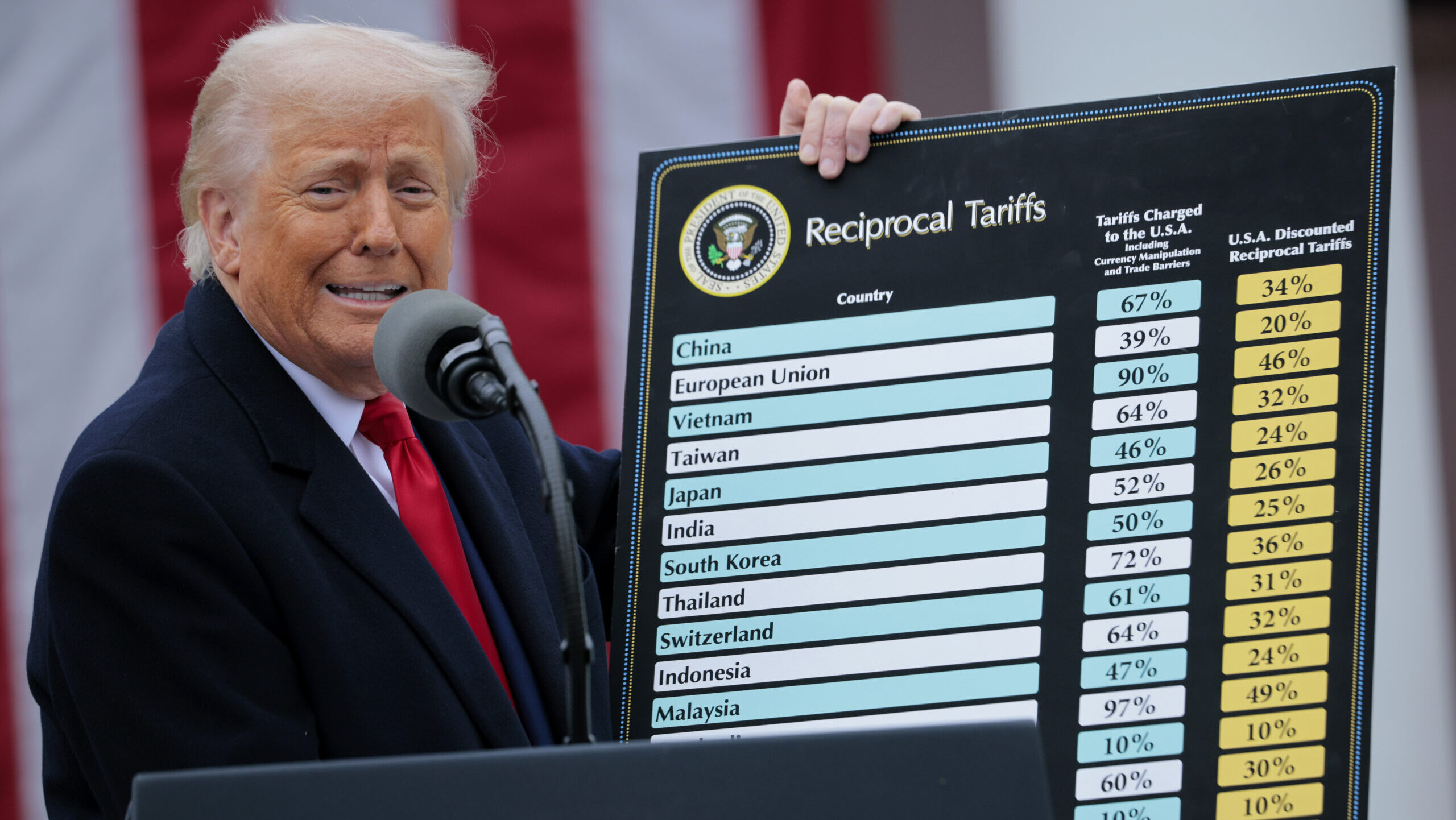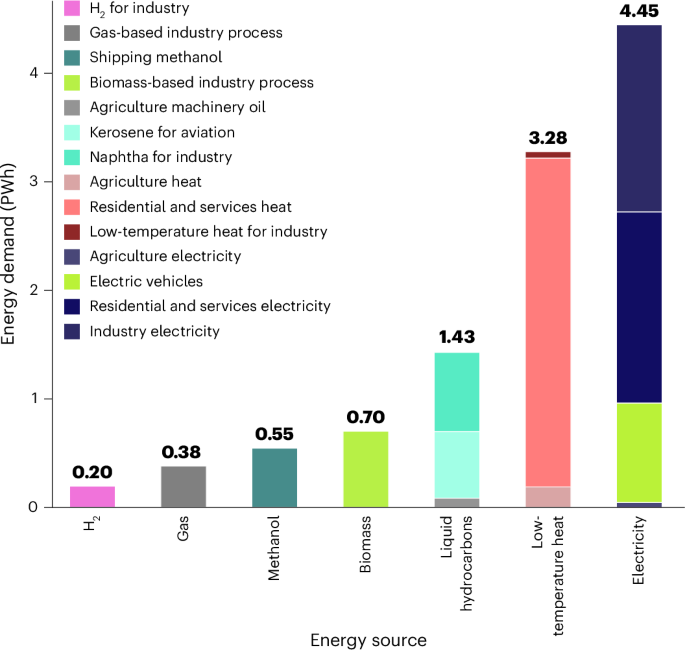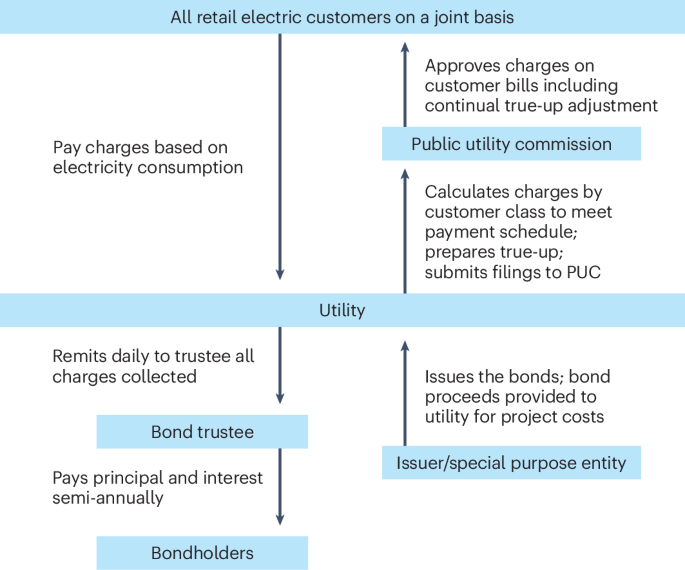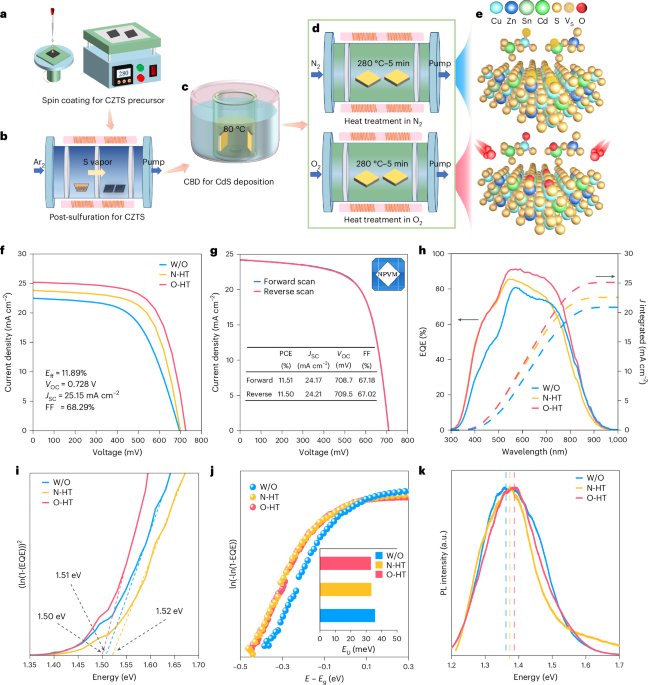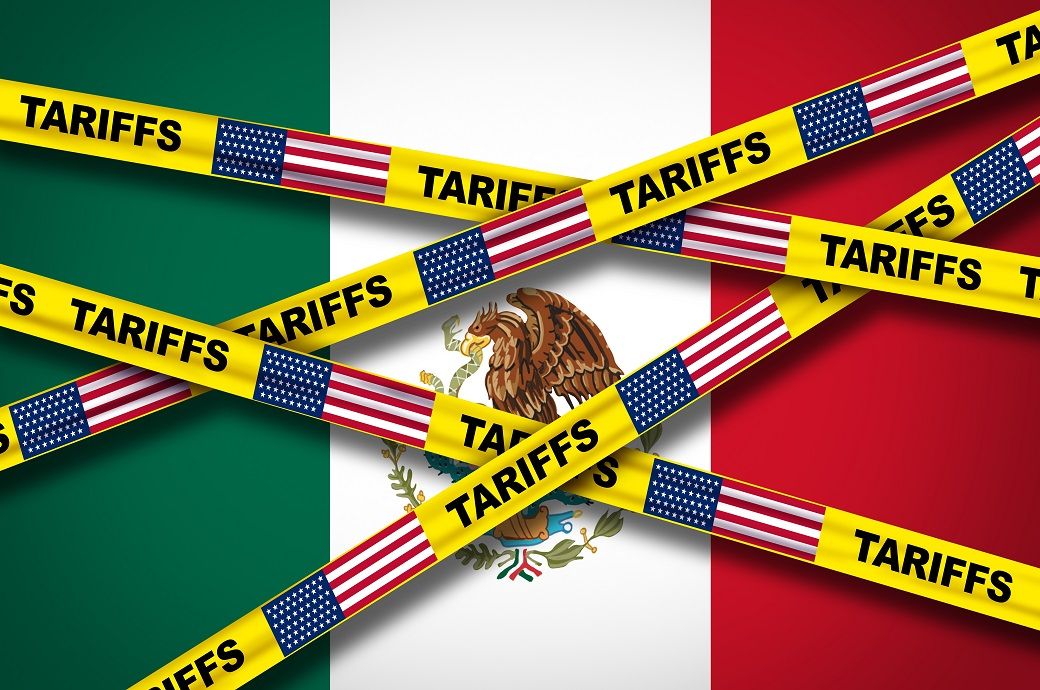STAT+: Pharmalittle: We’re reading about a plan to boost U.S. biotech funding, FDA user fees, and more
A federal commission is calling for $15 billion in new financing to reinforce U.S. biotech leadership amid competition from China

Top of the morning to you, and a fine one it is. Blue skies and comfortable breezes are enveloping the Pharmalot campus, where the official mascots are dozing in their respective corners and assorted wild life can be seen bounding about the grounds. As for us, we are engaged in the usual rituals — firing up the coffee kettle in order to brew a cup of stimulation (the choice today is pecan bourbon) and foraging for items of interest. On that note, here are a few tidbits to help you get started on your journey today, which we hope will be meaningful and productive. Meanwhile, do keep in touch — we enjoy secret dossiers and saucy tips. …
A federal commission is calling for $15 billion in new financing to reinforce U.S. biotech leadership amid encroaching competition from China, STAT says. The National Security Commission on Emerging Biotechnology was created by Congress in 2022 to explore how biotechnology advancements could shape the economy and national security. Federal officials have voiced concerns for several years that the Chinese government is gathering genetic information and intellectual property through biotech companies, leading to legislation like the BIOSECURE Act. The final report released Tuesday includes close to 50 recommendations to protect U.S. biotech intellectual property and bolster drug development, agriculture, and biological weapons defense. The commission does not have the power to authorize any changes but can make recommendations and advise members of Congress.
European pharmaceutical companies warned the European Commission president in a meeting that tariffs levied by President Trump would expedite the industry’s shift away from Europe and toward the U.S., Reuters reports. The EFPIA trade group called on European Union President Ursula von der Leyen to push for “rapid and radical action” to mitigate the “risk of exodus” to the U.S. In order to stop an exodus of investment and R&D from Europe, executives said the EU needs to change a regulatory framework to make it more conducive to innovation and strengthen Europe’s intellectual property provisions.







































































